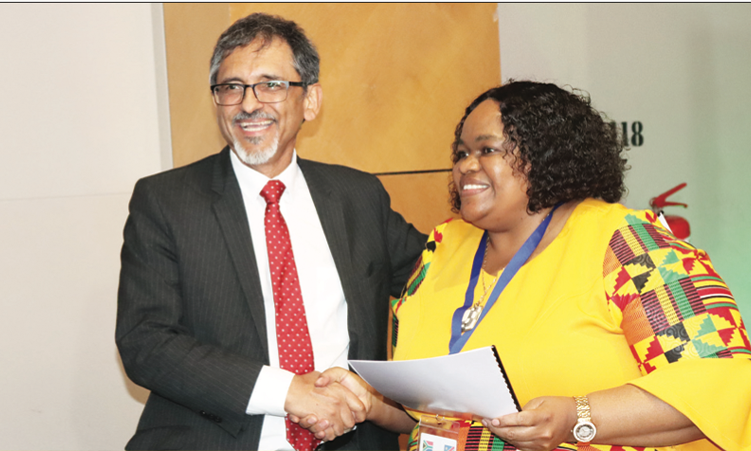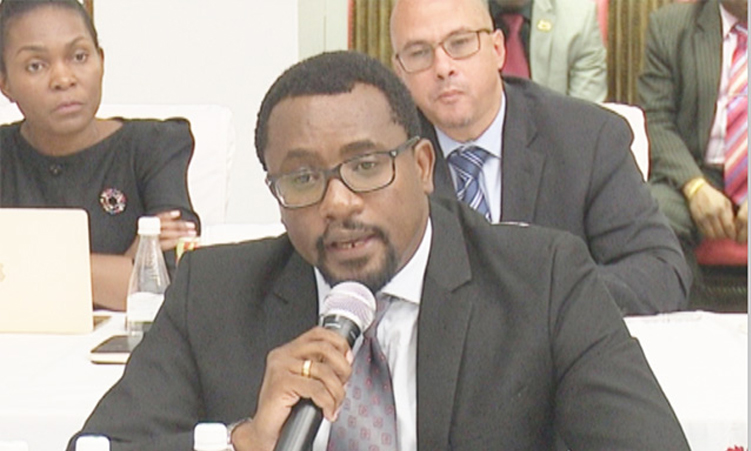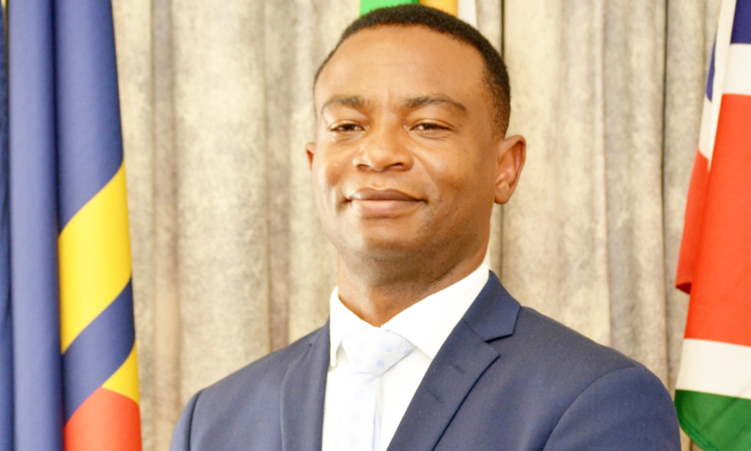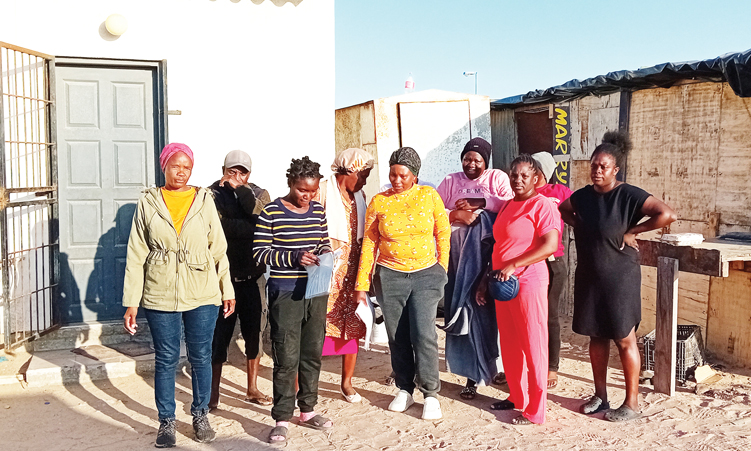The trade relationship between South Africa and Namibia has resulted in a trade balance of N$30 billion, with most of that money flowing into South Africa.
This was revealed by industrialisation and trade minister Lucia Iipumbu at the recently concluded Namibia-South Africa Business Forum.
“South Africa is Namibia’s primary export partner, accounting for 27% of Namibia’s exports. Conversely, South Africa is Namibia’s primary import partner, making up 66% of Namibia’s total imports,” said Iipumbu.
This means that Namibia sells a significant portion of its goods to and buys a substantial amount of products from South Africa, however, South Africa sells more than it buys from Namibia, creating a trade surplus of N$30 billion.
The event was hosted by Namibia’s Ministry of Industrialisation and Trade, on the margins of the third session of the Namibia-South Africa Bi-National Commission (BNC), co-chaired by president Hage Geingob and South African president Cyril Ramaphosa.
Speaking at the event, president Geingob said South Africa remains Namibia’s key trade partner and cooperation between the two countries is integral for economic enhancement.
“The African Continental Free Trade Area has not been as beneficial because little to no industrialisation is taking place in Africa, therefore, Namibia and South Africa should be at the forefront of industrialisation in Africa and there needs to be collaboration to achieve this,” said Geingob.
He said investment and trade should be balanced to create sustainable economies.
This means the country should not only focus on attracting investments from abroad, but should also pay attention to its trade relationships.
President Ramaphosa said Namibia and South Africa should use the opportunities presented by the African free trade agreement and focus on building stronger trade partnerships.
“There is a need to boost cross-border value chains and we should work on improving the way goods and services move across borders and are transformed into valuable products,” said Ramaphosa.
Namibia Chamber of Commerce and Industry (NCCI) president Bisey Uirab said the forum provides a clearer understanding of whether both governments and the private sector are making progress in enhancing technical capabilities, integrating technological advancements and addressing overall preparedness to compete effectively.
He said there is a need for Namibia and South Africa to strengthen infrastructure such as roads and railways at regional level.
“The NCCI acknowledges the work of the Trans Kalahari Corridor Secretariat regarding its railway initiatives.
The next step is now to enable private participation in rail tracks, with a partnership in the south of Manganese exports through Lüderitz Bay,” said Uirab.
During the event, Iipumbu and South Africa’s trade minister Ebrahim Patel signed a statement of intent to launch the Business Council and Development Fund.
The business forum and exhibition focused on priority sectors such as agriculture and agro-processing, automotive, clothing and textile, and green hydrogen, and both countries had discussions on exploring opportunities to strengthen cross-border value chains along with the integration of the requisite infrastructure and logistics supply chains.
– shania@namibian.com.na
Stay informed with The Namibian – your source for credible journalism. Get in-depth reporting and opinions for
only N$85 a month. Invest in journalism, invest in democracy –
Subscribe Now!










